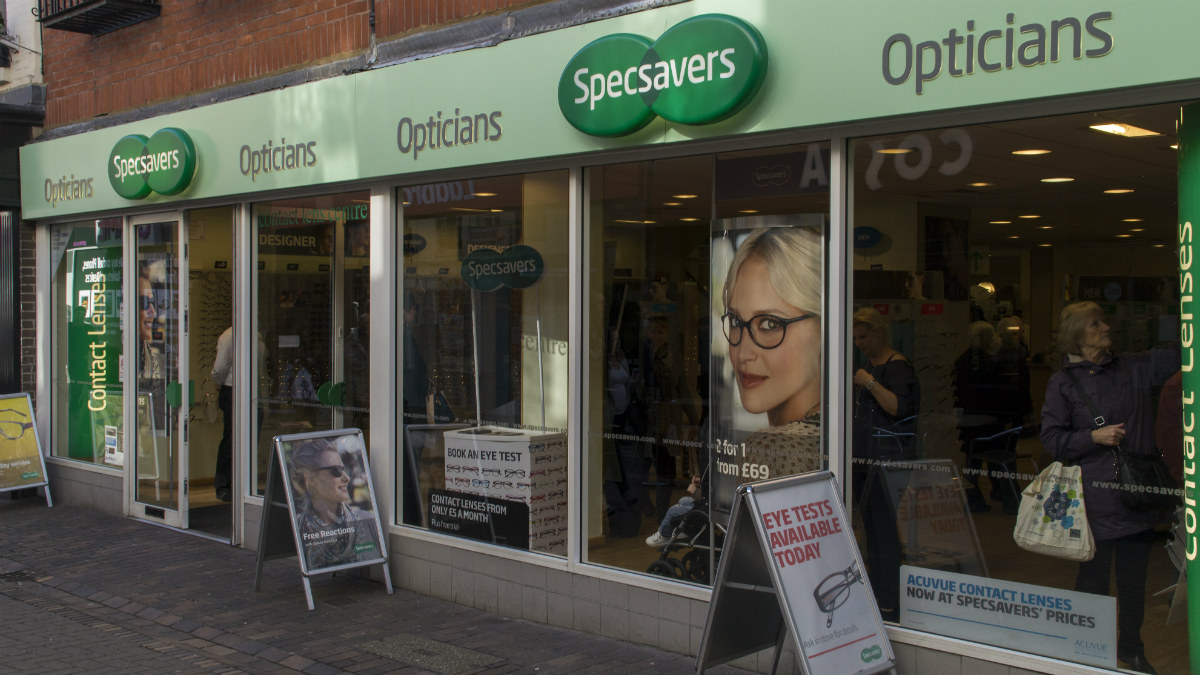Can Specsavers really trademark a verb?
Intellectual Patent Office approves optician chain's application to have sole use of word "should've" in adverts

A free daily email with the biggest news stories of the day – and the best features from TheWeek.com
You are now subscribed
Your newsletter sign-up was successful
"Specsavers' rivals should've seen this… coming," jokes a headline in the Daily Telegraph.
For marketers, however, the story on is no laughing matter as they're set to be banned from using the common contracted verb "should've" in any adverts.
Yesterday, the UK Intellectual Patent Office approved Specsavers's application for the sole right to use the word, which it uses in its own advertising campaigns within the tag line "should've gone to Specsavers".
The Week
Escape your echo chamber. Get the facts behind the news, plus analysis from multiple perspectives.

Sign up for The Week's Free Newsletters
From our morning news briefing to a weekly Good News Newsletter, get the best of The Week delivered directly to your inbox.
From our morning news briefing to a weekly Good News Newsletter, get the best of The Week delivered directly to your inbox.
Rival companies, including optician services, medical hearing aids and eyewear, have until 18 October to appeal the decision if they don't want the firm to monopolise the word in any and all promotional material.
Specsavers' application also covers the word without the apostrophe - "shouldve" - which it uses as a hashtag in social media campaigns.
Granting trademark rights for advertising slogans is not unusual where the phrase is inextricably linked to a company through "use or association", says the BBC.
McDonald's, for example, has sole right to: "I'm loving it", while Nestle owns: "Have a break" for its KitKat ads.
A free daily email with the biggest news stories of the day – and the best features from TheWeek.com
Even trademarking a single word is not unprecedented - Carlsberg did so with "probably", which it has long used in its popular advertising campaigns.
Even so, trademark lawyer Tania Clark, from Withers & Rogers, says yesterday's decision was "astonishing".
She added: "They have a very powerful monopoly in this word... which is a verb in common usage."
Clark was particularly alarmed that Specsavers appears to have protection extending beyond its own narrow sector, with paper products and retail services also seemingly covered.
The decision, if confirmed, would prompt other firms to seek similar protection for simple words and phrases, she warned.
Brian Conroy, a Dublin-based solicitor who specialises in trademarks, told The Times: "In my experience, this is what drives non-legal people mad."